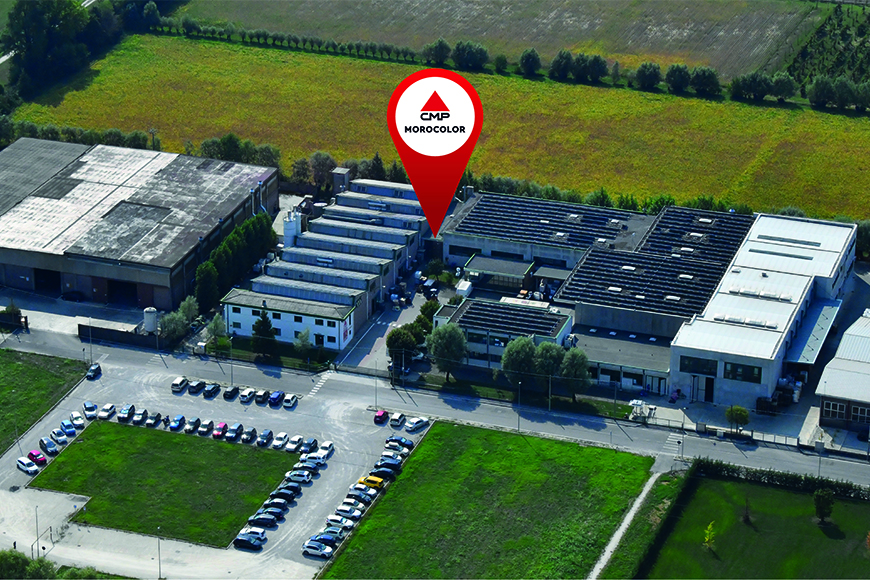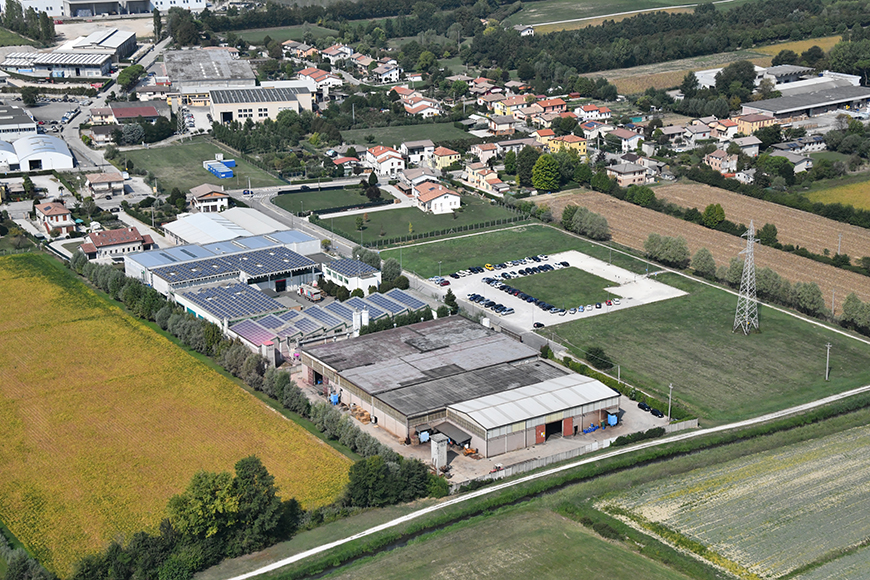
Friday, February 18, 2022 marks the World Energy Saving Day, or Battery Day. We are living in a moment of tension, due to increases on energy prices. This recurrence can be taken as a incentive to reflect on the world around us and the one we would like to build.
The World Energy Saving Day has its roots in India, where in 1991 the National Conservation Awards were established for the first time, then transformed into the World Conservation Day at the international level in 2004. Among the first countries to join were Canada and Nepal. The intent is to encourage reflection on the management of available resources and the need to optimize them as much as possible to make life sustainable on the planet.
As made clear by the first bills of 2022, we find ourselves in the midst of an energy crisis destined to last several months. For the first quarter of this year, Arera (the Regulatory Authority for Energy Networks and Environment) has set the price of gas on the bill at 0.92 euros per cubic meter: almost five times higher than in the first quarter of 2021. Despite government aid, prices will inevitably increase by around 40% compared to last quarter, the final quarter of 2021. The causes of these increases are diverse and complex, starting with an increase in demand from the Asian market, which has led to a decrease in availability in Europe, especially of resources from Russia. Then there are the extremely sensitive geopolitical dynamics, such as those behind the current tensions in Ukraine. Also impacting are increases in the cost of CO2 emissions, which have risen from 33 to 79 euros per ton of CO2 emitted.
In this context, the most logical solution would seem to be to invest on renewable energy sources, yet WWF, Greenpeace, Legambiente and Kyoto Club have recently joined in a press release to express "strong concern about the anticipations and statements on measures to address the high cost of energy bills, apparently aimed more at taking resources away from renewable sources and innovation than to address the root of the problem".
The fact of hearing about the energy crisis every day in the newspapers, during radio and TV programs, as well as on all social media, reflects the urgency and problematic nature of the situation. However, this can also have a positive outcome: reducing the distance between our actions and the consumption that we, often unconsciously, generate. Talking about energy - analyzing how much we use and for which destinations, how much we need and why - can help us to reflect on our management of any kind of resource, stimulating the tendency to a more responsible consumption, both at personal and industrial level. These are constructive and important reflections, all the more so on the occasion of World Energy Saving Day.

An extremely practical but often underestimated approach is to make the most of what you already have, trying to use as little resources as possible. Even before producing more energy (whether through fossil fuels, renewables or nuclear power), it is important to conserve what we already have, so that it lasts as long as possible. With small and simple widespread actions and the use of a careful strategy we can drastically reduce waste, both of energy and raw materials.
To face the problems of a world and a market that are consantly evolving, in recent years at Morocolor we have tried to pay more and more attention to reduce all waste. This principle applies to all phases and methods of work: from the waste of time to that of energy and materials, up to the reduction of the amount of waste generated. In order to achieve this goal - in addition to having implemented a 200kW photovoltaic system since 2010, and using LED lights in many of our premises - we have implemented a production system based on the Lean method. At the base of this system is precisely the reduction of waste and loss of value wherever possible, a principle with which we want to face the future, to try to preserve and protect the resources we have available.